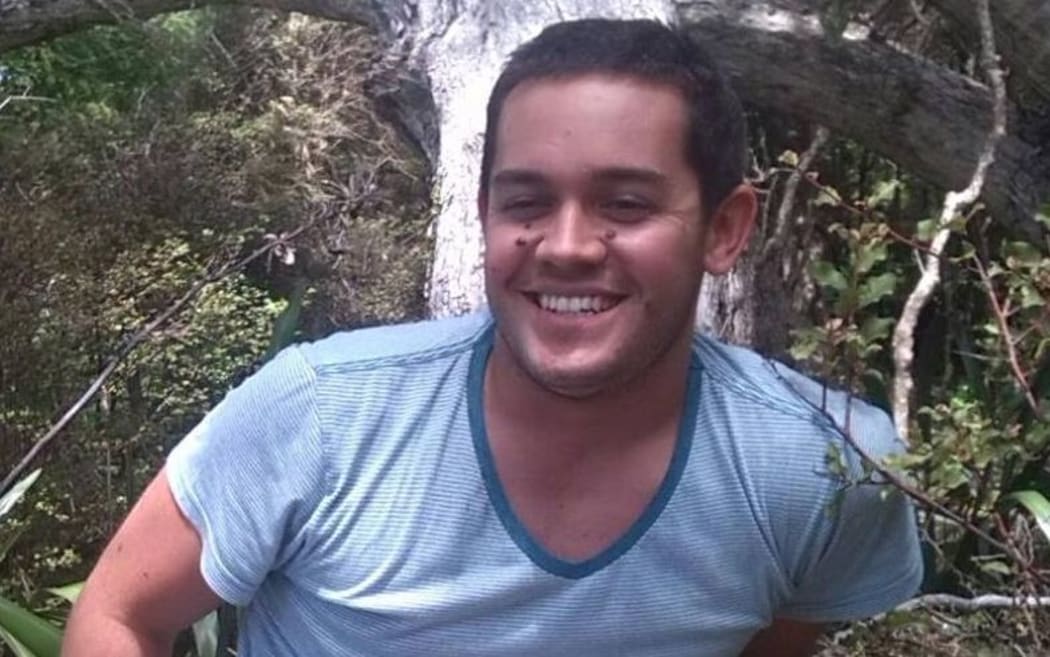
Māori lawyer Kingi Snelgar is helping a Sioux Tribe protest against a North Dakota oil pipeline. Photo: Supplied
Māori indigenous rights lawyer Kingi Snelgar is on the ground at Standing Rock. He is involved in the Sioux Tribe protest against a North Dakota oil pipeline which recently resulted in a halt on construction.
The protest hit headlines when security guards working for the pipeline company Energy Transfer Partners tried to move some of those protesters on using pepper spray and guard dogs. That was about the time Kingi Snelgar arrived at the camp in the State of North Dakota.
Read an edited excerpt of the interview below:
What’s your role there?
I came initially to just here and be present and to learn and to offer my support and solidarity. I shared with people my background and some of the things that I have done. There is a legal team here, a group of eight to ten attorneys. Some are licensed, some are not licensed. I am not licensed.
The role that I have taken on is to be a human rights observer. That involves going to actions and observing the protectors in action and how they interact with police and just being an observer to ensure that they remain safe. I am also writing short statements. Basically reflections on some of the issues that come up and my suggestions on ways, from an international point of view, that we could change things.
For example, with the DOJ statement I just suggested that free prime form consent is the framework that should happen because the people here are a sovereign nation. Anything less than consent would undermine that sovereignty.
But I’m also a dishwasher. I’m also a woodcutter and I love just being here and meeting all of these different people and building an indigenous network, which is so important.
When you say sovereign nation, does that mean that the Sioux Nation has legislative powers in its territory? Its own laws?
They do, yes. It’s amazing to see. That was one of reasons why I wanted to come to the U.S. was to see that nation. They have their own police force, they have their own government, their own laws that are passed and their own territories over which they exercise jurisdiction.
And that was really fascinating to me, coming from New Zealand, where we’re all under the one system, and just to see how that works in action and the relationship between the indigenous nation, the state, the federal government. Of course it’s not always rosy, but it’s so powerful to see that kind of autonomy existing for the people here.
There’s autonomy, but isn’t there poverty as well?
Absolutely. I think that always tends to come with trauma that happens when there is confiscation and colonisation and when I was working in Pine Ridge. Pine Ridge for example is the poorest district in the United States and life expectancy is in the late 40s.
The unemployment rate is around 80-90 percent and it’s no mistake that people were put on these reservations because they’re the poorest, the least fertile territories. The amazing thing is that there is a strong spirit despite that history of oppression and colonisation. Real beauty and spiritual connection that I am just so impressed in awe of that the people here have maintained and I have been lucky that I have been able to come here and take part in this movement.
Isn’t there a temptation then to take compensation offer like what is offered for Black Hills. If it is several billion dollars, for a population of 40,000, to do that is a source of capital for the people.
Yeah, absolutely. I can totally understand the desire to take that money and use it to create jobs and better infrastructure, but being here and experiencing the people here, you can’t buy these sacred places from them, you can’t compensate them for the loss of their spiritual ways. Black Hills is a sacred place to them, this river is sacred, this water is sacred. For them that kind of connection can’t be bought. For me I think that is beautiful.
For me as an indigenous person, I think as a society it is important that we remember that money isn’t everything and to protect these kind of taonga, these treasures for future generations, we put things like money second to protecting these treasures for our future.
I think that indigenous perspective is so important to keep sharing around the world because we have so many environmental issues where I see that indigenous way of thinking is a key to protecting our planet and ensuring that we take care of it and there is a still a planet for our great-great grandchildren.

